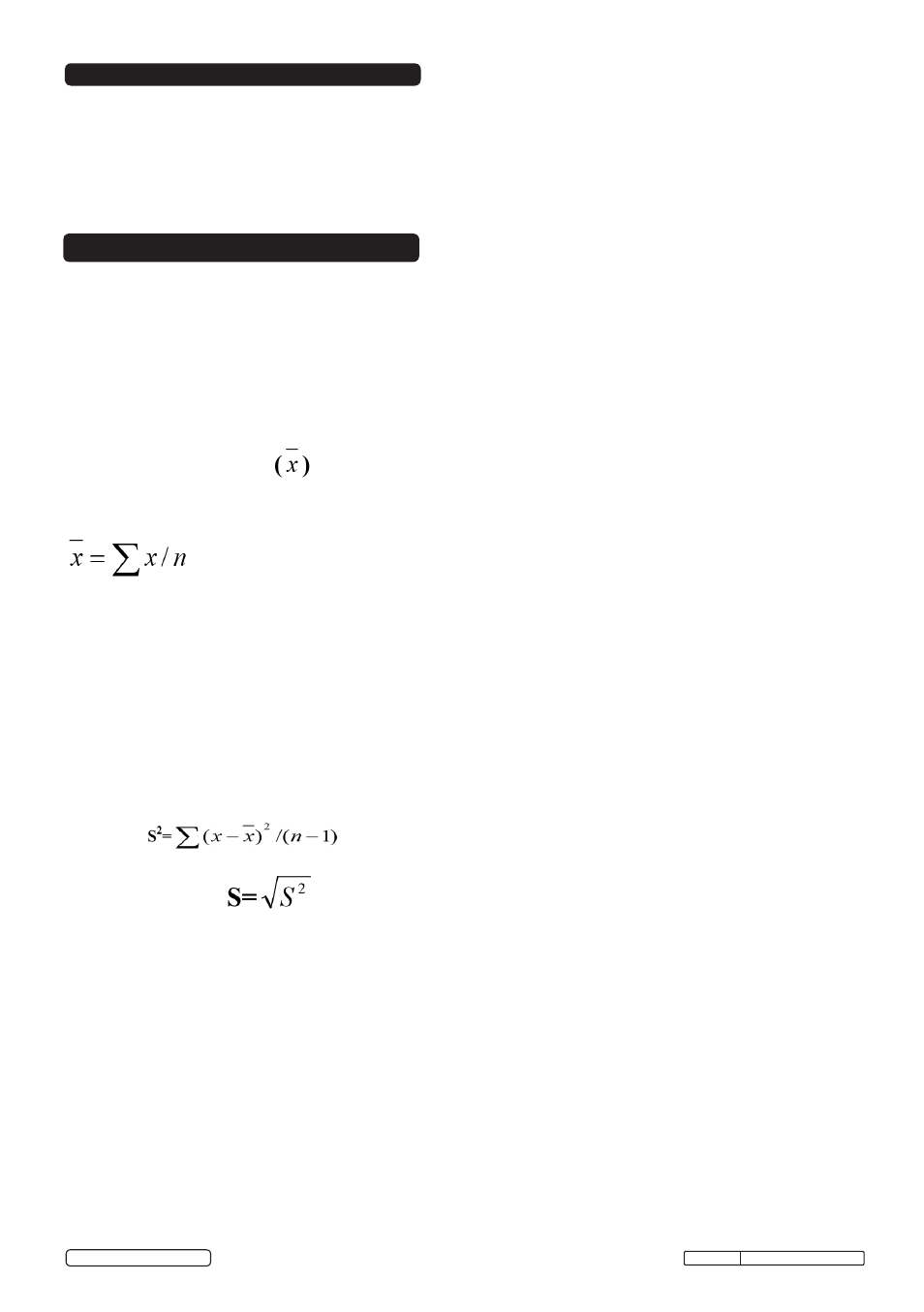Sealey TA090 User Manual
Page 14

Original Language Version
TA090 Issue No.1 25/10/12
© Jack Sealey Limited
16. MEASUREMENT USING STATISTICS
Limits can be entered in DIRECT and a selected GROUP memory at any time, i.e. before, during and
after a series of measurements. There is practical use for limits. Any reading which falls outside the
set tolerance limits will be registered by a warning indication:
H: reading above HI limit
L: reading below LO limit
Please set the limit values using the MENU system.
15. LIMIT FUNCTION
16.1 The gauge calculates statistics from a maximum of 80 readings(GRO1 to GRO4: in total, a
maximum of 320 readings can be stored). In addition, readings can’t be stored in DIR mode, but it
can calculate statistics as GRO1~GRO4. When power off or changing Work Mode(see MENU system
for details), the DIR statistics will be lost. The following statistical values are calculated:
NO.: number of readings in Work Mode
AVG: average value
Sdev. : standard deviation
16.2 Statistical Terms
Average value
The sum of readings divided by the number of readings.
Standard Deviation(Sdev.)
The sample standard deviation is a statistic that measures how “spread out” the sample is around the
sample mean. The sample standard deviation increases with increasing spread out. The standard
deviation of a set of numbers is the root mean square of the variance S²
The variance of a list is the square of the standard deviation of the list, that is, the average of the
squares of the deviations of the numbers in the list from their mean divided by the(number of
readings -1 )
Variance
Standard deviation
NOTE: Deletion must take place immediately after a false or erratic reading has been taken. See the
Delete function in MENU system.
16.3 Storage Capacity Overflow
In GROUP mode, If the storage capacity is exceeded, statistics will not be updated, although
measurement can continue. If the memory is full, subsequent readings will be omitted from the
statistics. In this case the word “FULL” will be shown on the LCD in single measuring mode.
In DIRECT mode, if the memory is full. The newest reading will replace the oldest reading. And the
statistics will be updated.
